India’s sports ecosystem has undergone a remarkable transformation in recent years, driven in large part by proactive government initiatives. From grassroots development to elite performance support, these programs aim to create a culture of fitness, professional excellence, and international competitiveness. The government’s interventions not only provide financial assistance and infrastructure but also foster a sense of national pride and sporting ambition.
Here’s a detailed look at ten major government initiatives that have significantly impacted Indian sports, nurturing talent, enhancing infrastructure, and inspiring a new generation of athletes to shine on both national and international stages.
Khelo India Programme
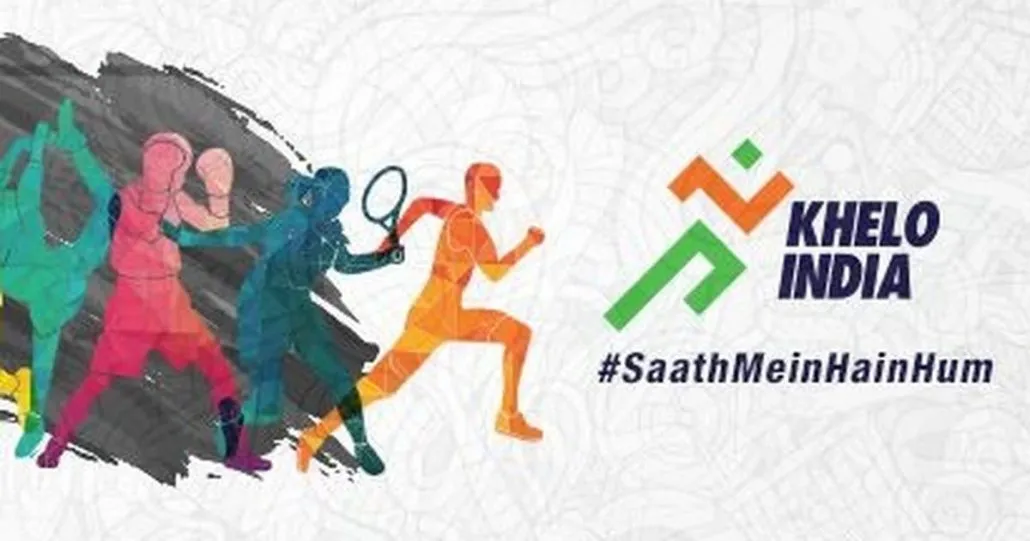
Launched in 2017, the Khelo India Programme is the cornerstone of India’s sports development strategy. By integrating prior schemes like the Rajiv Gandhi Khel Abhiyan, the program ensures a holistic approach to nurturing young athletes and promoting sports culture across the nation.
The initiative organizes national-level competitions such as the Khelo India Youth Games, University Games, and Winter Games, providing young talents with competitive exposure. It also offers scholarships for up to eight years, helping promising athletes pursue sports careers without financial constraints.
- Focus: Grassroots sports development
- Key Features: Youth Games, University Games, Winter Games
- Support: Scholarships and financial assistance for 8 years
- Impact: Identification and nurturing of future champions
Target Olympic Podium Scheme (TOPS)

Established in 2014, TOPS aims to enhance India’s performance at the Olympics and Paralympics. It provides elite athletes with financial support for high-performance training, international competitions, and specialized equipment.
The Mission Olympic Cell (MOC) under TOPS customizes training programs and ensures athletes receive comprehensive guidance. Since its inception, TOPS-supported athletes have significantly contributed to India’s improved medal tally in major global events.
- Focus: Elite athlete support for Olympics/Paralympics
- Support: Training, international exposure, equipment
- Body: Mission Olympic Cell (MOC)
- Impact: Increased international medals and recognition
Fit India Movement
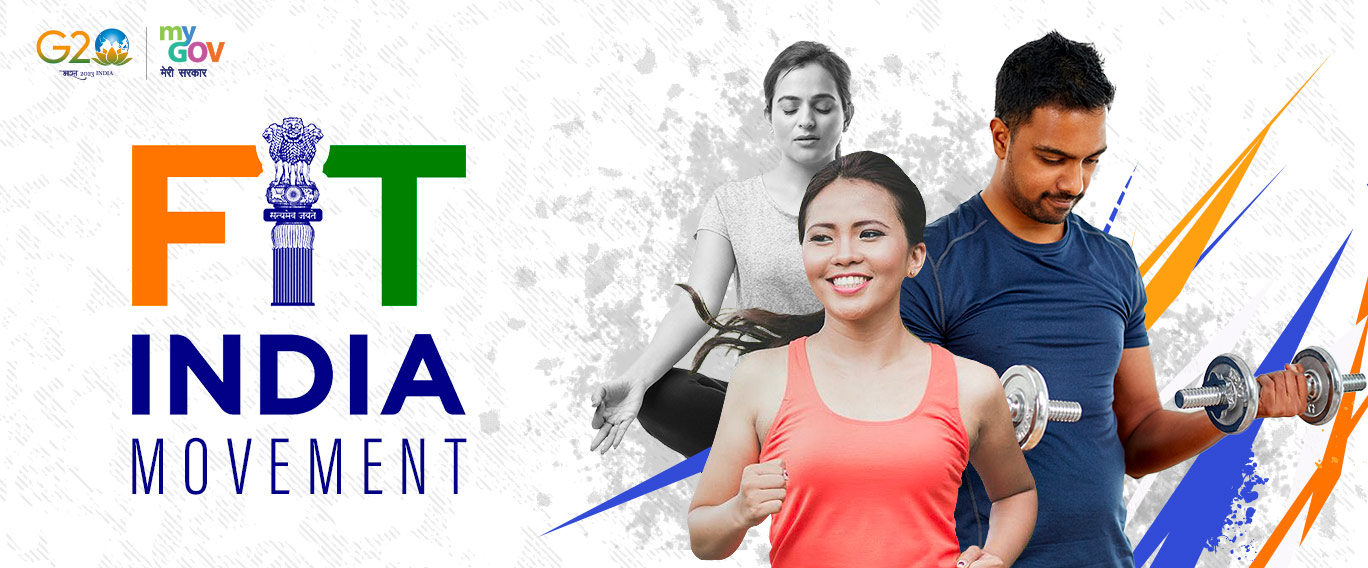
Launched in 2019, the Fit India Movement seeks to integrate fitness into daily life and promote a healthy, active lifestyle. The initiative emphasizes awareness of physical activity, wellness, and indigenous sports.
By reaching schools, colleges, workplaces, and villages, the movement encourages widespread participation in sports, helping India cultivate a culture where physical fitness is a national priority.
- Focus: Fitness awareness and lifestyle change
- Target: Schools, colleges, workplaces, villages
- Activities: Sports promotion, fitness challenges, indigenous games
- Impact: Widespread behavioral change toward physical fitness
National Sports Development Fund (NSDF)
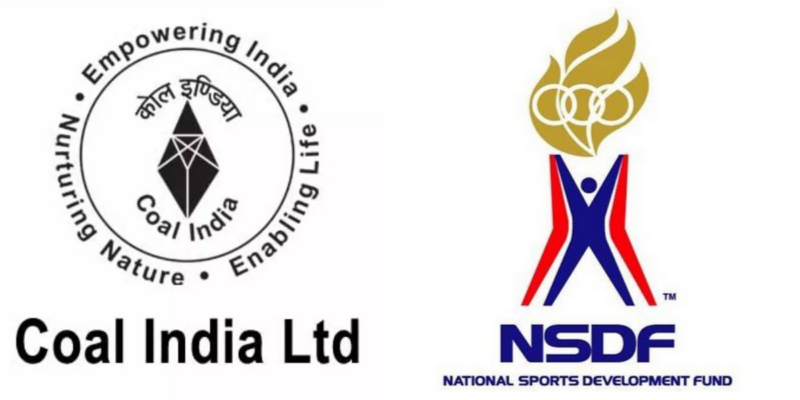
Created in 1998, the NSDF mobilizes funds from both government and private sectors to boost sports at all levels. It finances infrastructure, training programs, and support for elite athletes.
The NSDF has also been instrumental in supplementing schemes like TOPS, covering essential training, travel, and equipment expenses. This initiative ensures a continuous stream of resources for Indian sports development.
- Focus: Financial support for sports excellence
- Support: Training, infrastructure, elite athlete assistance
- Sources: Government and private sector contributions
- Impact: Sustainable development and resource mobilization
National Sports Governance Act, 2025

This landmark legislation reforms sports governance in India, ensuring transparency, accountability, and ethical conduct across national sports organizations. The act establishes the National Sports Board and National Sports Tribunal to oversee management and resolve disputes.
The act also introduces a Safe Sports Policy, protecting athletes from abuse, and mandates representation of women and athletes in decision-making bodies, making sports administration more inclusive and equitable.
- Focus: Sports governance reform
- Key Bodies: National Sports Board, National Sports Tribunal
- Policy: Safe Sports Policy
- Impact: Enhanced transparency, accountability, and athlete protection
Sports Authority of India (SAI)

Established in 1984, SAI serves as India’s premier institution for promoting sports and grooming elite athletes. It operates National Centres of Excellence (NCOE) and SAI Training Centres (STC) across the country.
SAI also manages major sporting infrastructure and stadia built for international events like the 1982 Asian Games and 2010 Commonwealth Games, ensuring athletes have access to world-class facilities.
- Focus: Talent identification and athlete development
- Programs: NCOE, STC, infrastructure management
- Impact: Professional training for athletes and enhanced infrastructure
National Sports Awards

The National Sports Awards, including the Major Dhyan Chand Khel Ratna, Arjuna Award, and Dronacharya Award, celebrate outstanding achievements by athletes and coaches. These awards recognize dedication, excellence, and inspiring performances.
By acknowledging accomplishments across multiple disciplines, these awards motivate athletes to reach higher standards while encouraging younger generations to pursue sports professionally.
- Focus: Recognition of excellence in sports
- Awards: Khel Ratna, Arjuna, Dronacharya, etc.
- Impact: Incentivizes athletes and inspires youth participation
Scheme of Assistance to National Sports Federations (NSFs)
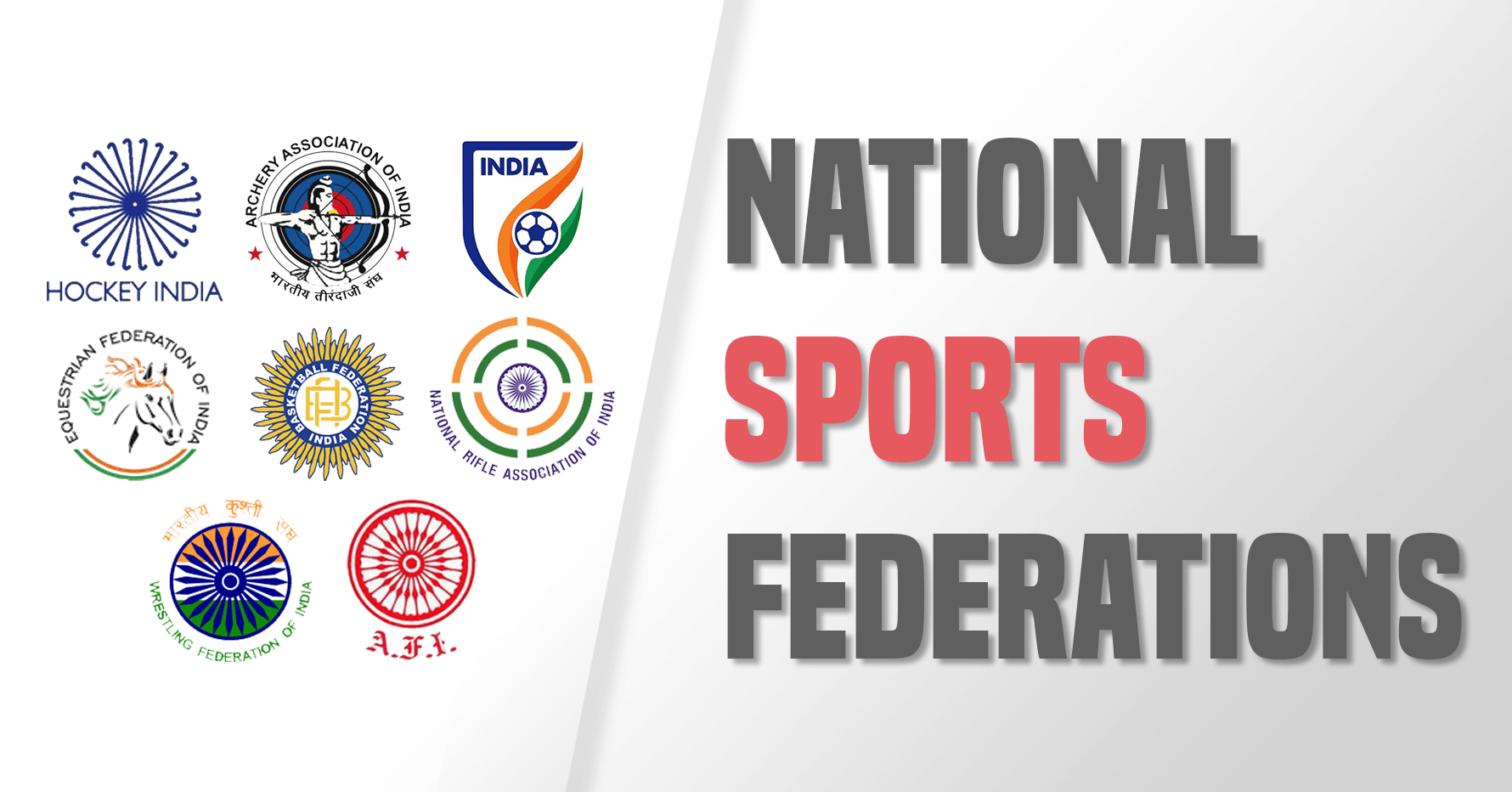
This scheme provides financial aid to NSFs for organizing training camps, international tournaments, and hiring foreign coaches. It ensures sports-specific development and professional management of each discipline.
Support from this scheme allows federations to focus on athlete performance, strategic planning, and international competitiveness, strengthening India’s overall sports framework.
- Focus: Financial assistance to sports federations
- Support: Training camps, tournaments, coaching
- Impact: Professional development and international competitiveness
Welfare Schemes for Sportspersons
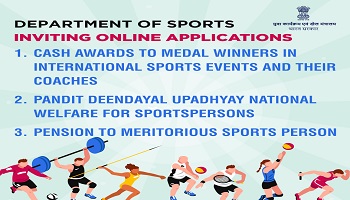
The government provides welfare schemes to support athletes during and after their careers. Programs include pensions for meritorious sportspersons, the Pandit Deendayal Upadhyay National Welfare Program for indigent athletes, and the Retired Sportsperson Empowerment Training (RESET) Programme.
These initiatives ensure that athletes receive financial security, skill-building opportunities, and assistance transitioning into post-sport careers, creating a sustainable and respectful environment for India’s sporting talent.
- Focus: Financial and career support for athletes
- Programs: Pension schemes, RESET, welfare assistance
- Impact: Enhanced post-career stability and athlete empowerment
National Sports Policy, 2025 (Khelo Bharat Niti 2025)
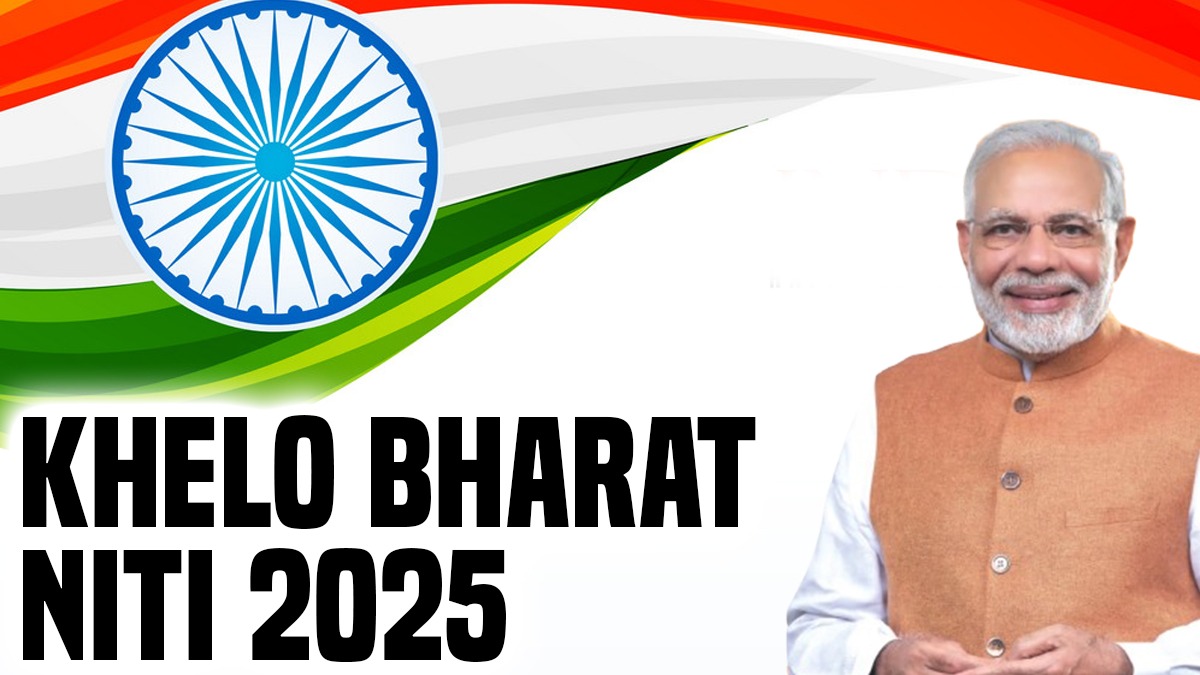
The National Sports Policy 2025, also known as Khelo Bharat Niti, replaces the 2001 policy and outlines a roadmap to make India a global sporting powerhouse by 2036. Anchored on five pillars, it focuses on international excellence, economic and social development, and making sports accessible to all.
The policy integrates sports into school curricula in alignment with the National Education Policy (NEP) 2020 and emphasizes community participation, grassroots development, and systematic support for elite athletes, aiming to create a holistic sports ecosystem across the nation.
- Focus: Holistic sports development and global excellence
- Pillars: Excellence, sports for social & economic development, grassroots promotion, people’s movement, institutional support
- Integration: Aligns with NEP 2020 for school sports
- Impact: Strengthens India’s sports culture and global competitiveness


Disclaimer
Possible11 is a sports news and analysis platform designed purely for entertainment and educational purposes. All match previews, player insights, and team analyses are based on publicly available information and expert opinions. We do not promote or support betting, gambling, or real-money gaming in any form. Users are encouraged to enjoy our content responsibly and use it for informational purposes only.
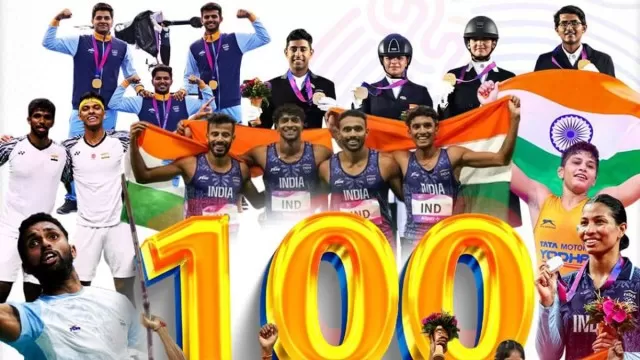

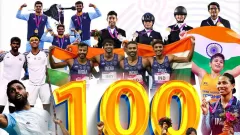

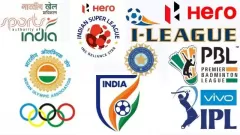
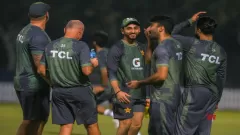
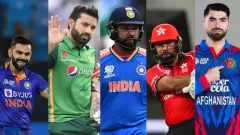
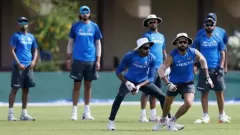

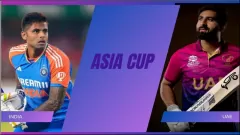
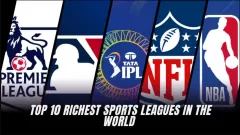
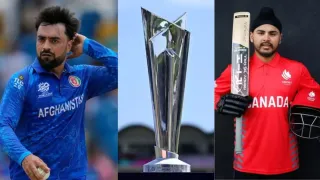
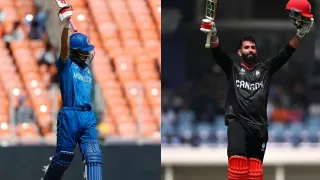

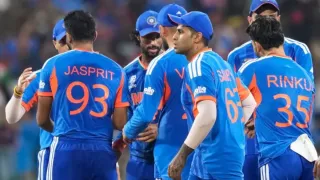
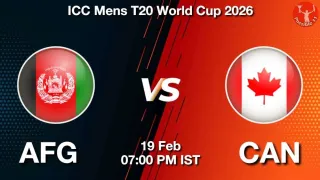
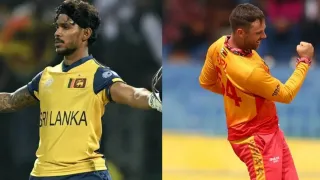
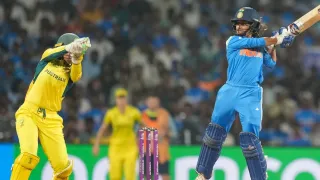
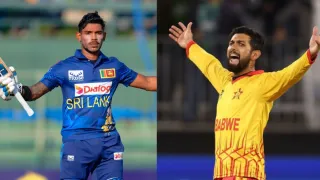
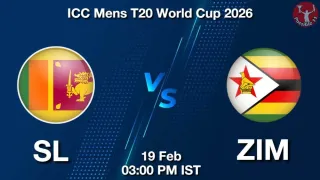
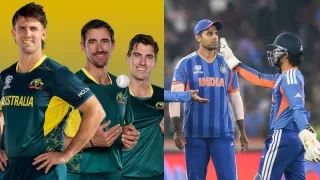
Give Your Feedback